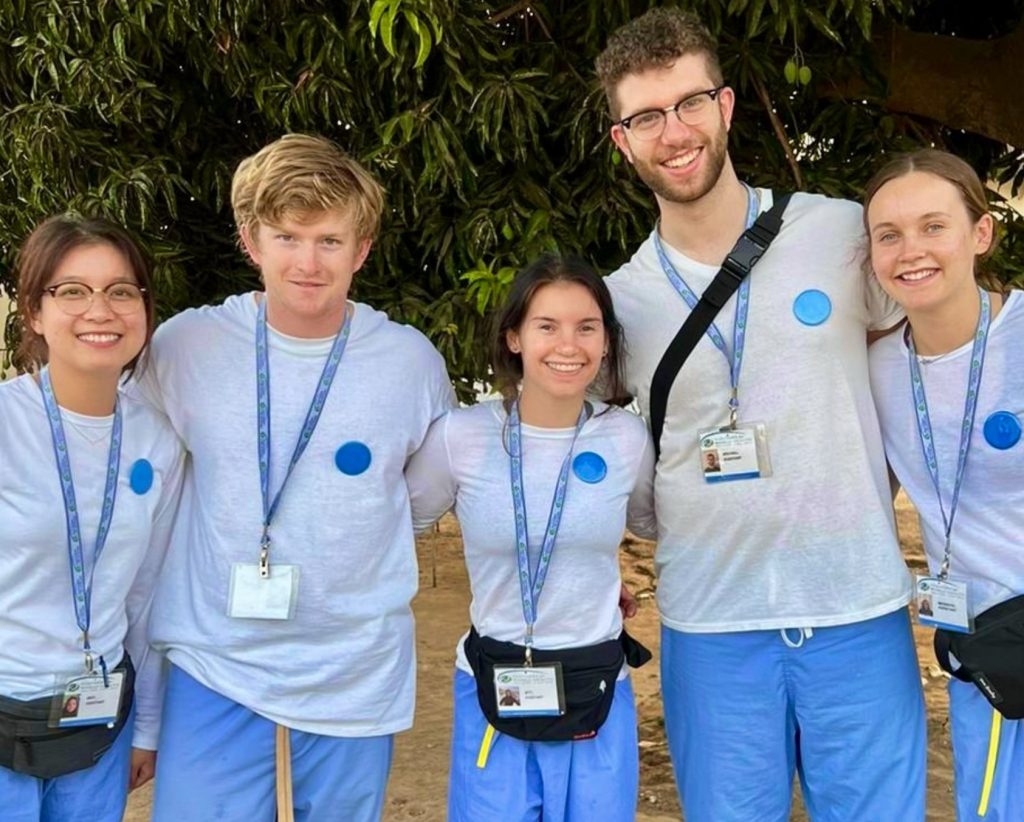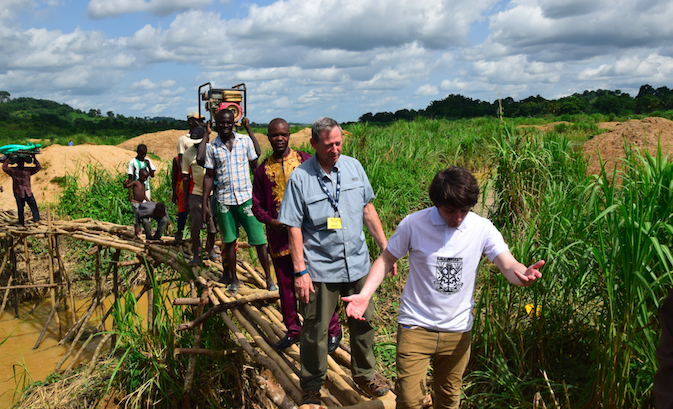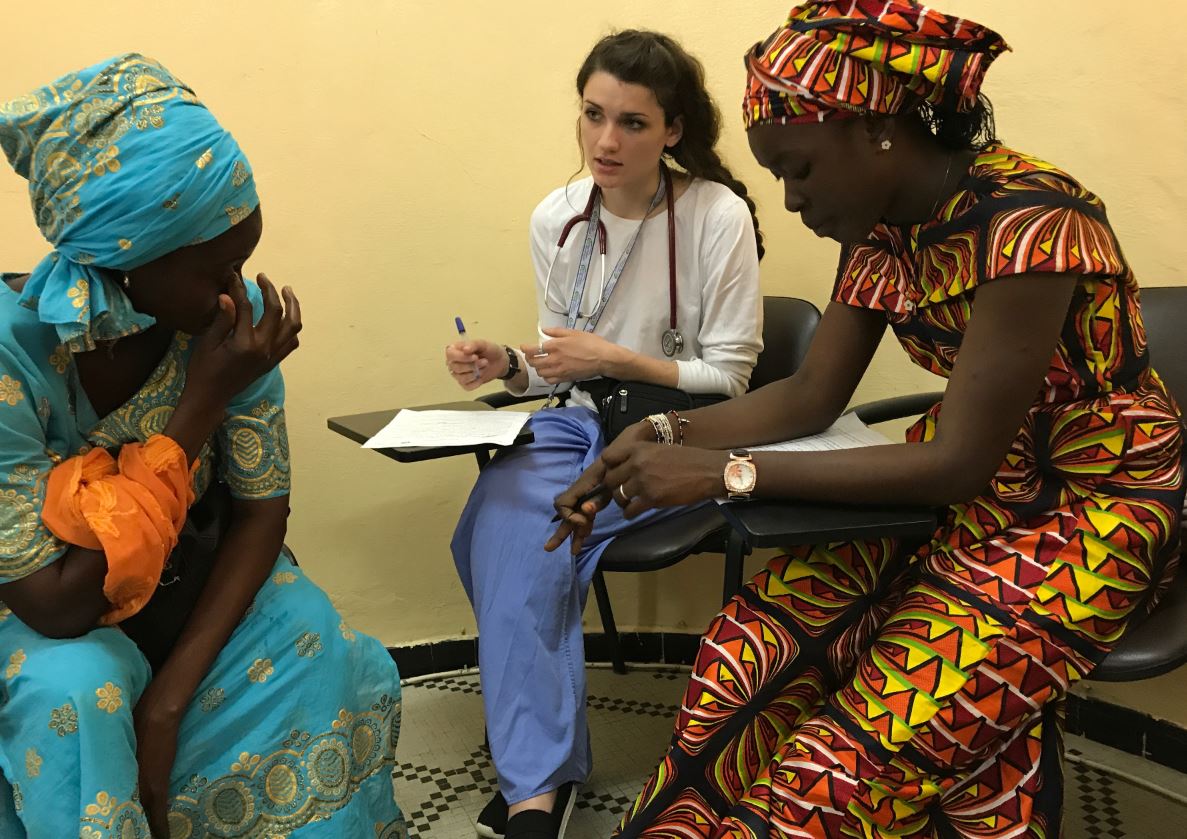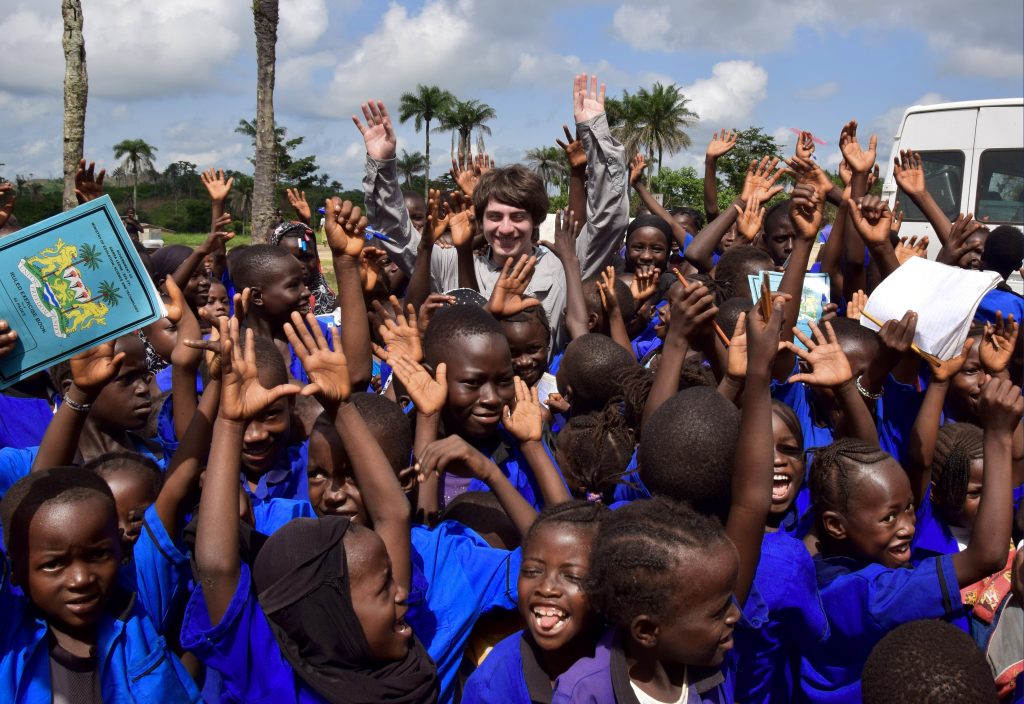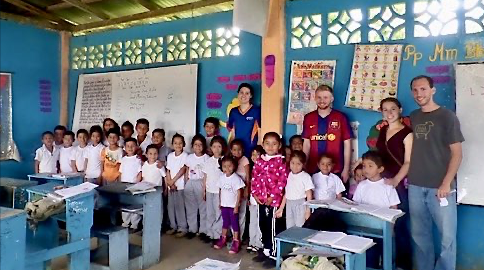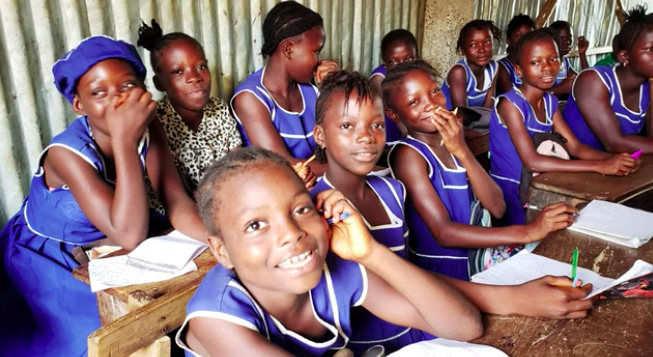Projects for Peace
Projects for Peace is an humanitarian initiative inspired by the late philanthropist Kathryn W. Davis. Since the program’s founding in 2007, over 830 projects have been completed in over 100 countries. The Projects for Peace initiative is designed to encourage creativity, innovation and social entrepreneurship.
Under the auspices of the Davis United World College Scholars Program, the University of Maine is pleased to announce a call for proposals that are building blocks for a sustainable peace. Any undergraduate or group of undergraduates is eligible to design a project — anywhere in the world — which promotes peace, addresses the root causes of conflict among parties, and has a plan for sustainability. We encourage applicants to use their creativity to design projects and employ innovative techniques for engaging project participants in ways that focus on conflict prevention, resolution, or reconciliation. Through the generosity of Clem and Linda McGillicuddy, the winning UMaine project will be awarded up to $10,000 to implement the project.
Important Dates:
- Rough Draft Submission (recommended, not required): November 7, 2025
- Final Submission (required): December 2, 2025
Proposals should be submitted to coheninstitute@maine.edu
If interested, please reach out to Richard Powell at rpowell@maine.edu for more information.
Past UMaine Projects for Peace
Note 2020 and 2021 projects will be completed in 2022 due to the pandemic.
2019: “Fostering Peace Through Access to New Educational Programs” (Sierra Leone). Stephen Kaplan, Colleen DeMaris, Alex Reppond and Abby Bernier.
2018: “South Sudanese Refugee Project” (Uganda). Tessa Lilley, Ana Eliza Souza Cunha, Camilla Horton, Emma Paradie, Emma Freeman, Ellie Damuck and Taylor Delp
2017: “Healthy Mother, Healthy Baby Project” (Senegal). Anne Fitzpatrick, Johna Doyle, Taylor Delp, Lila Lyons, Caleb Elsemore
2016: “A Platform of Peace through Shared Experiences for the Cancer Community” (USA). Matt Dexter
2015: “L’eau, le bloc de construction de la paix” (Haiti). Michele Girard, Aoife Ryle
2014: “Water System Improvements in La Y de La Laguna” (Ecuador). Page Caise, Laura Donovan, Benjamin Pomeroy, Nathan Roscoe, Spencer Traxler
2013: “The Integral of Bio-Sand/Ceramic Filtration” (Honduras). Daniel Ackerman, Katie Delong, Zachary Diehl, Eliot Gagne, Christopher Hopper, Molly Kirkpatrick, Zachary Mason, Ian McDonnell (Colby College), Kellen McDonnell, Connor Smart, Bryer Sousa, Patrick Stewart, Blaine Tobin, Spencer Warmuth

